Coca-Cola
History
The story of Coca-Cola begins in the late 19th century with a pharmacist named John S. Pemberton. In 1886, Pemberton created a distinctive tasting soft drink now known worldwide as Coca-Cola.
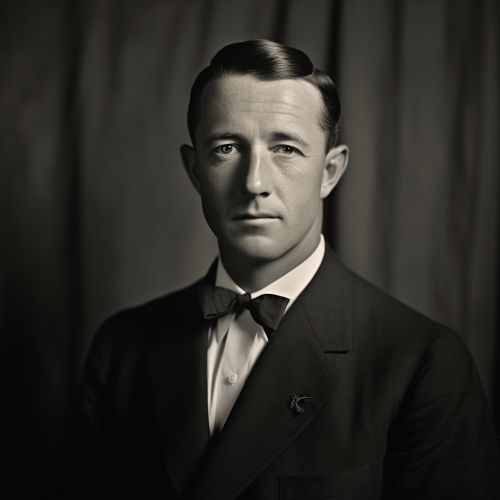

The original formula of Coca-Cola was intended as a patent medicine. Pemberton claimed it cured many diseases, including morphine addiction, dyspepsia, neurasthenia, headache, and impotence. The beverage was first sold to the public at the soda fountain in Jacob's Pharmacy in Atlanta on May 8, 1886.
In 1889, the formula and brand were bought by Asa Candler who incorporated The Coca-Cola Company in 1892. Candler is credited with the rapid growth of the brand in the late 19th and early 20th centuries.
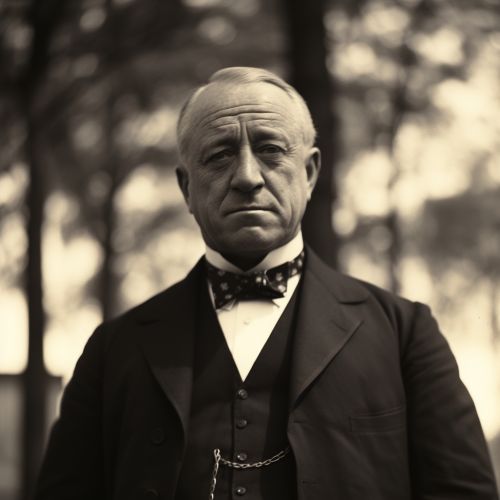
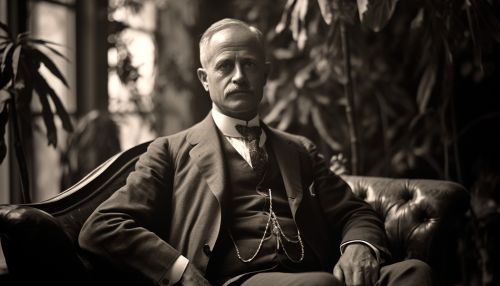
Ingredients
The exact formula of Coca-Cola is a closely guarded secret. However, the drink is known to contain carbonated water, high fructose corn syrup, caramel color, phosphoric acid, natural flavors, and caffeine.
The "natural flavors" are part of the secret Coca-Cola formula known as "Merchandise 7X". Despite numerous attempts to decipher the exact formula, it remains a closely guarded secret, known only to a few Coca-Cola executives.
Production
Coca-Cola is produced by The Coca-Cola Company and its licensed bottlers. The bottlers produce the final drink by mixing the syrup with filtered water and sweeteners, and then carbonate it before putting it in cans and bottles, which are then sold around the world.
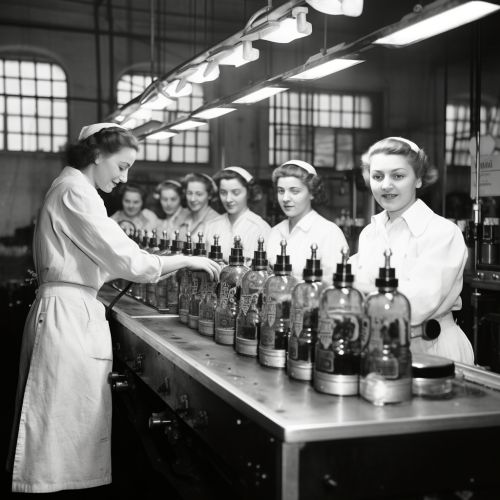
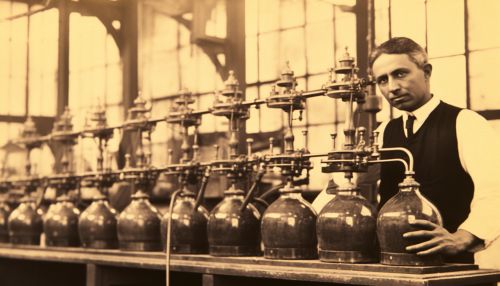
Marketing and Advertising
Coca-Cola's advertising has significantly affected American culture, and it is frequently credited with inventing the modern image of Santa Claus as an old man in a red-and-white suit. Coca-Cola has also been a major player in many sporting events including the Olympics and the FIFA World Cup.
In addition to its namesake Coca-Cola beverage, Coca-Cola currently offers more than 500 brands in over 200 countries or territories and serves over 1.9 billion servings each day.
Health Effects
The consumption of Coca-Cola, like other sugary drinks, is linked to health issues such as obesity, tooth decay, and metabolic syndrome. Other ingredients in Coca-Cola, such as caffeine and phosphoric acid, have drawn criticism for their potential health risks.
Controversies
Over the years, Coca-Cola has been involved in a number of controversies and lawsuits related to its products and business practices. These include issues related to health effects, environmental issues, and business practices.
